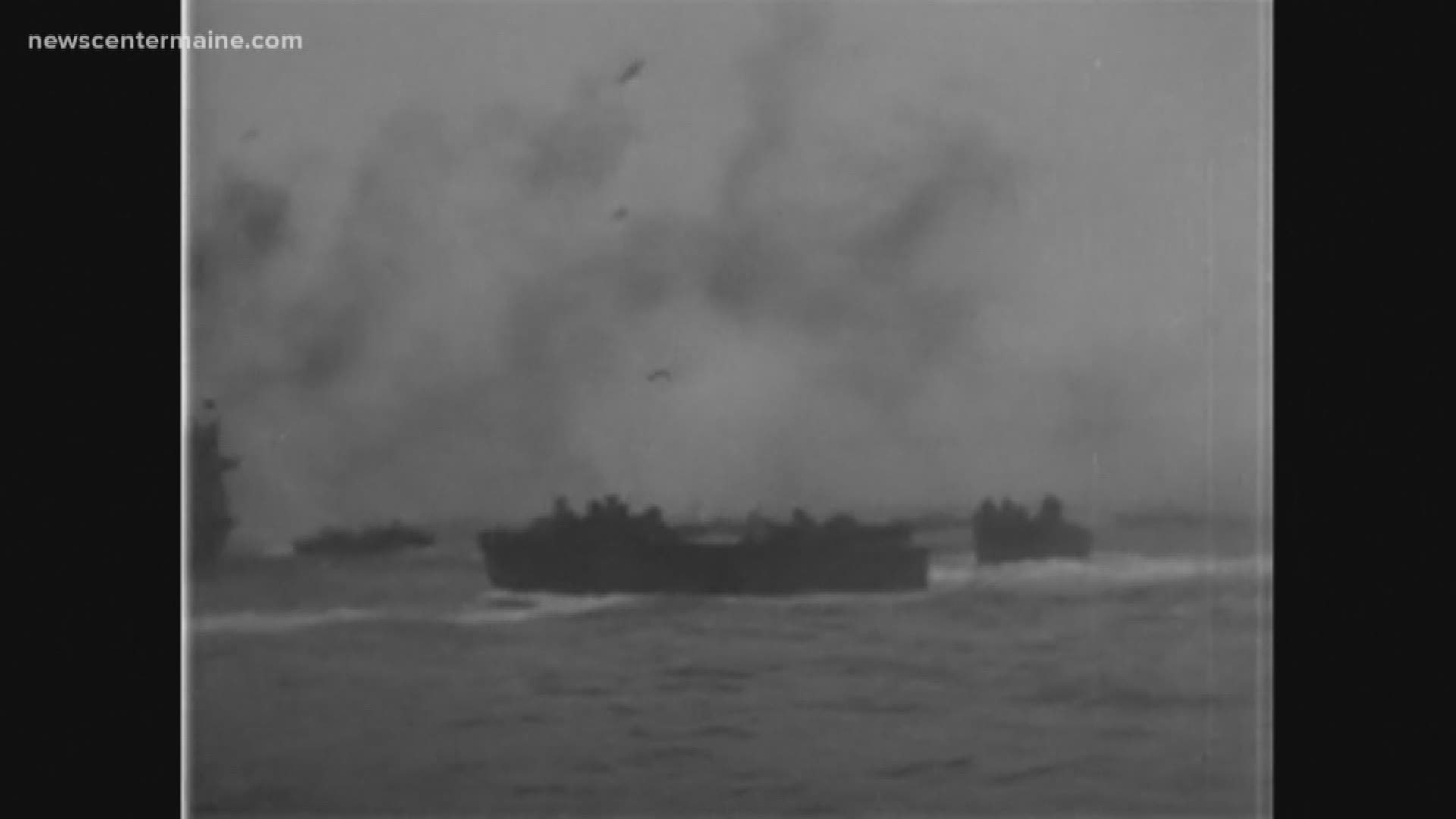The history books tell us a high-stakes weather forecast may have saved D-Day.
The list of potential invasion dates was a short one to begin with. The Allies needed not only a full moon to illuminate obstacles and landing spots, but also a low tide, corresponding with dawn to expose elaborate Nazi underwater defenses.
June 5 was the originally-scheduled invasion date, but as is often the case in weather, there was disagreement among forecasters.
American meteorologists believed the weather would break in time for June 5, but British meteorologist Captain James Stagg disagreed. He thought the weather would be too harsh for a landing and convinced Allied Supreme Commander Dwight Eisenhower to call it off.
When June 5, 1944 rolled around, pelting rain and gusty winds proved Stagg had made the right forecast. The big waves would have compromised the landing craft, and the low cloud deck could have negated one of the allies' biggest advantages -- air superiority.
As the window for invasion narrowed, both sides wondered whether the invasion could happen on June 6.
The Germans thought the answer was no -- Nazi meteorologists predicted the unsettled weather would continue until at least mid-June, making an invasion next to impossible. Confident in this call, German Field Marshal Erwin Rommel returned home to personally present a pair of Parisian shoes to his wife as a birthday present. He wasn't there for the invasion the next day.
On the other hand, Captain Stagg made perhaps the highest stakes forecast call in history: "There will be a one-day break in the stormy weather. Operation Overlord will take place on June 6."
He was right. Although conditions weren't perfect, with some low clouds lingering, the winds had settled enough for a successful invasion, and tide of World War II began to turn.
Weeks later, the "backup" date for the invasion arrived, and a large storm system created some of the worst weather conditions seen on the English Channel in two decades.
Eisenhower reflected on this decision in a memo to Captain Stagg, writing, "I thank the Gods of war. We went when we did."
The gods of war and perhaps a good meteorologist with nerves of steel.

